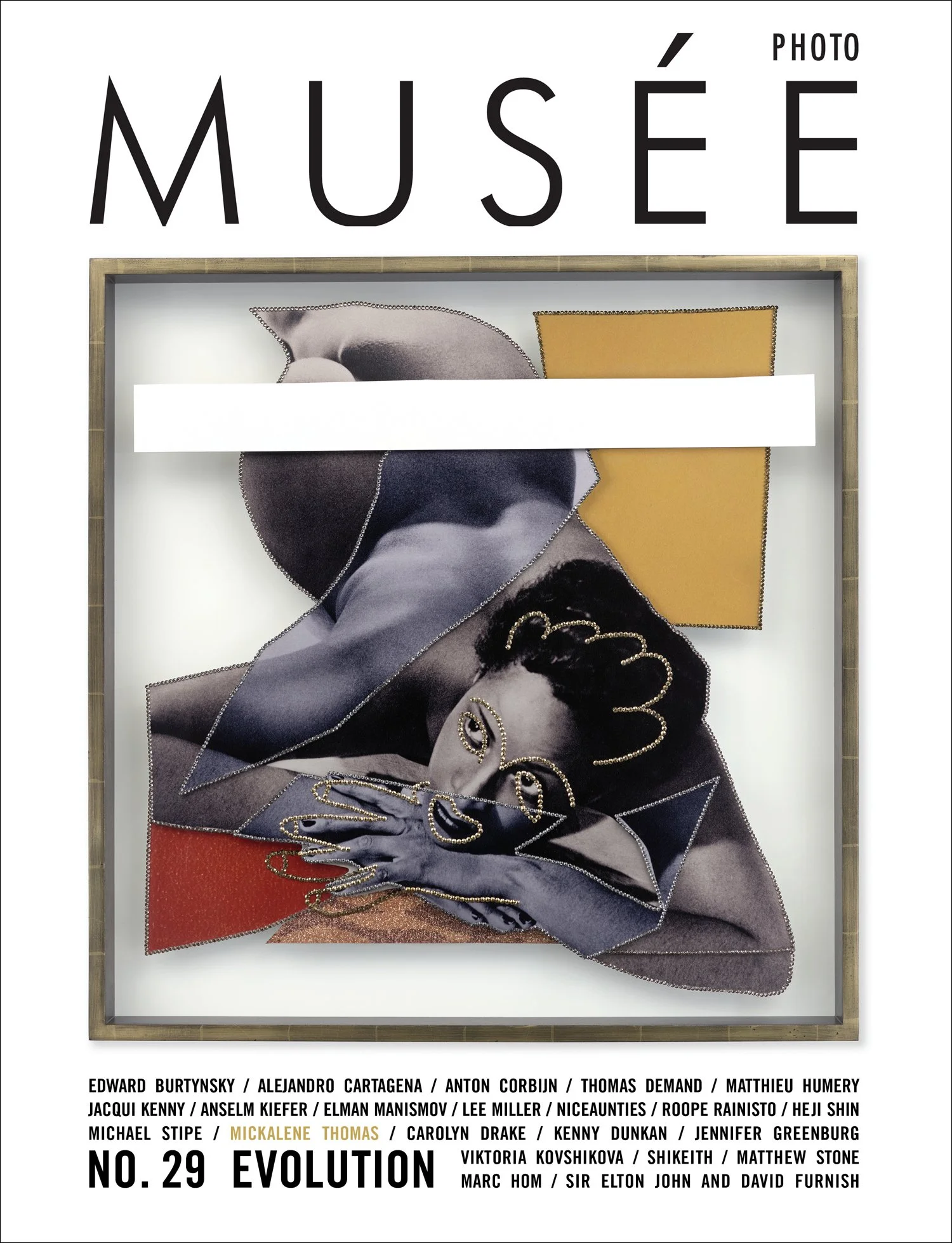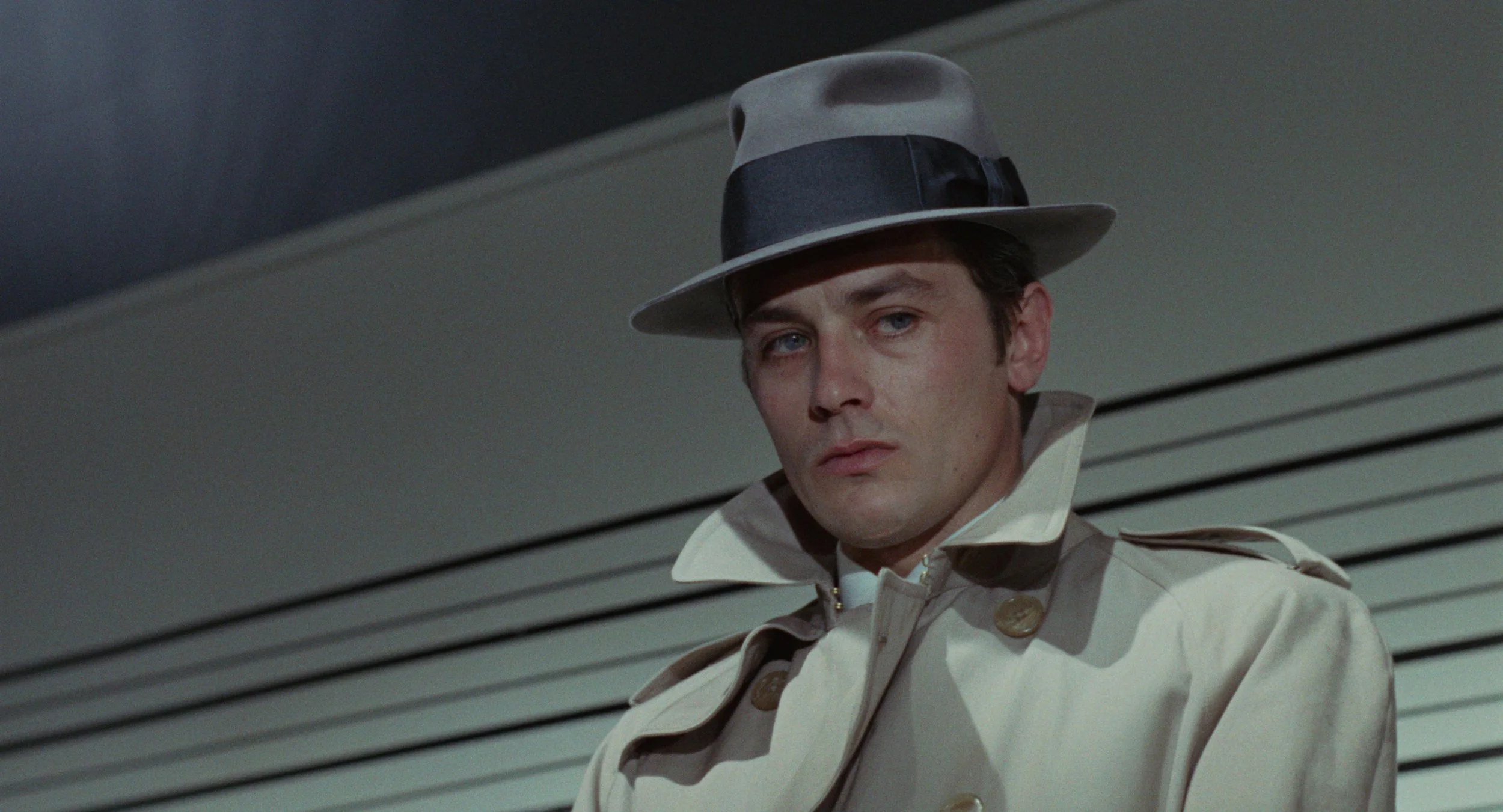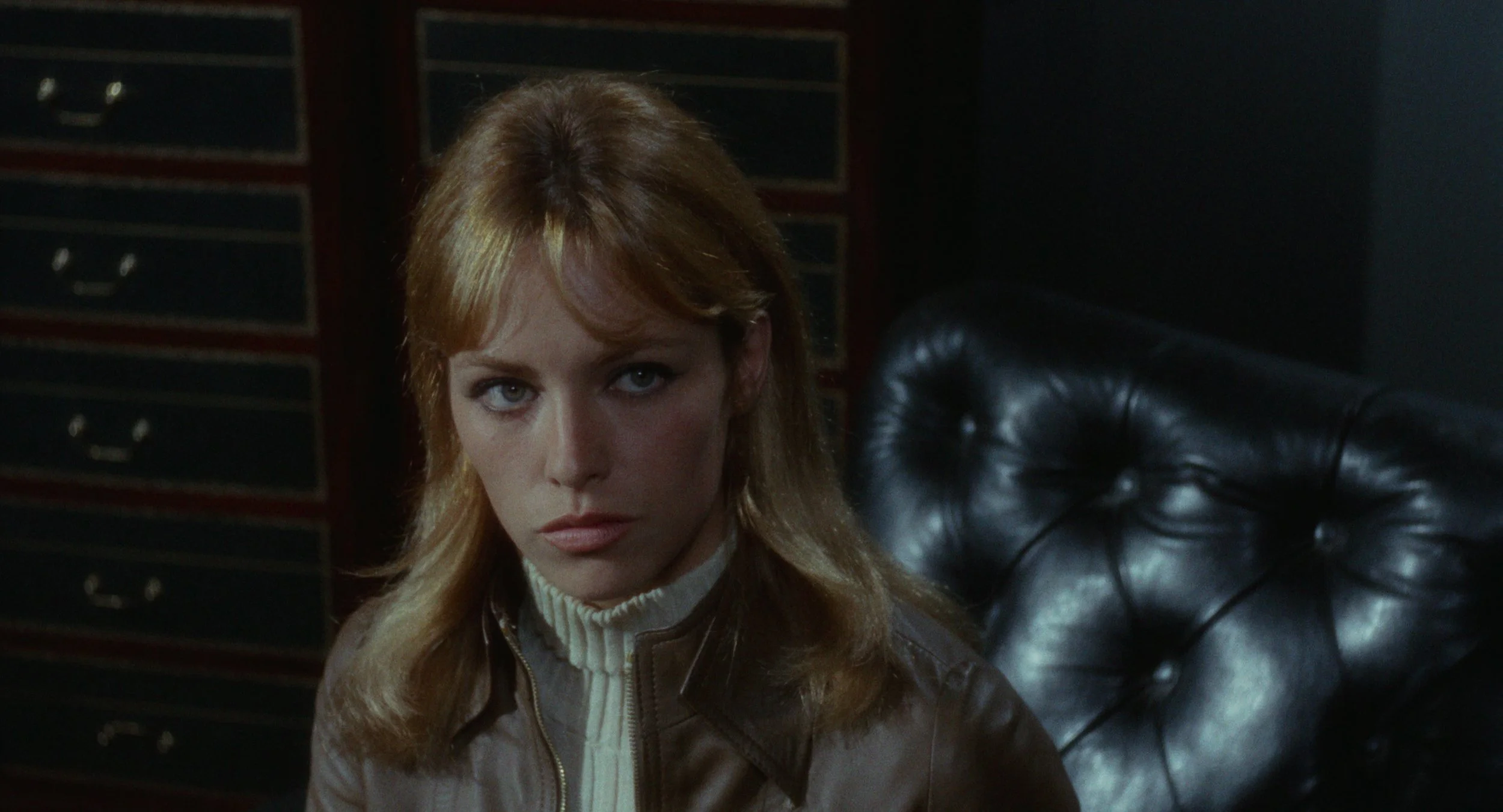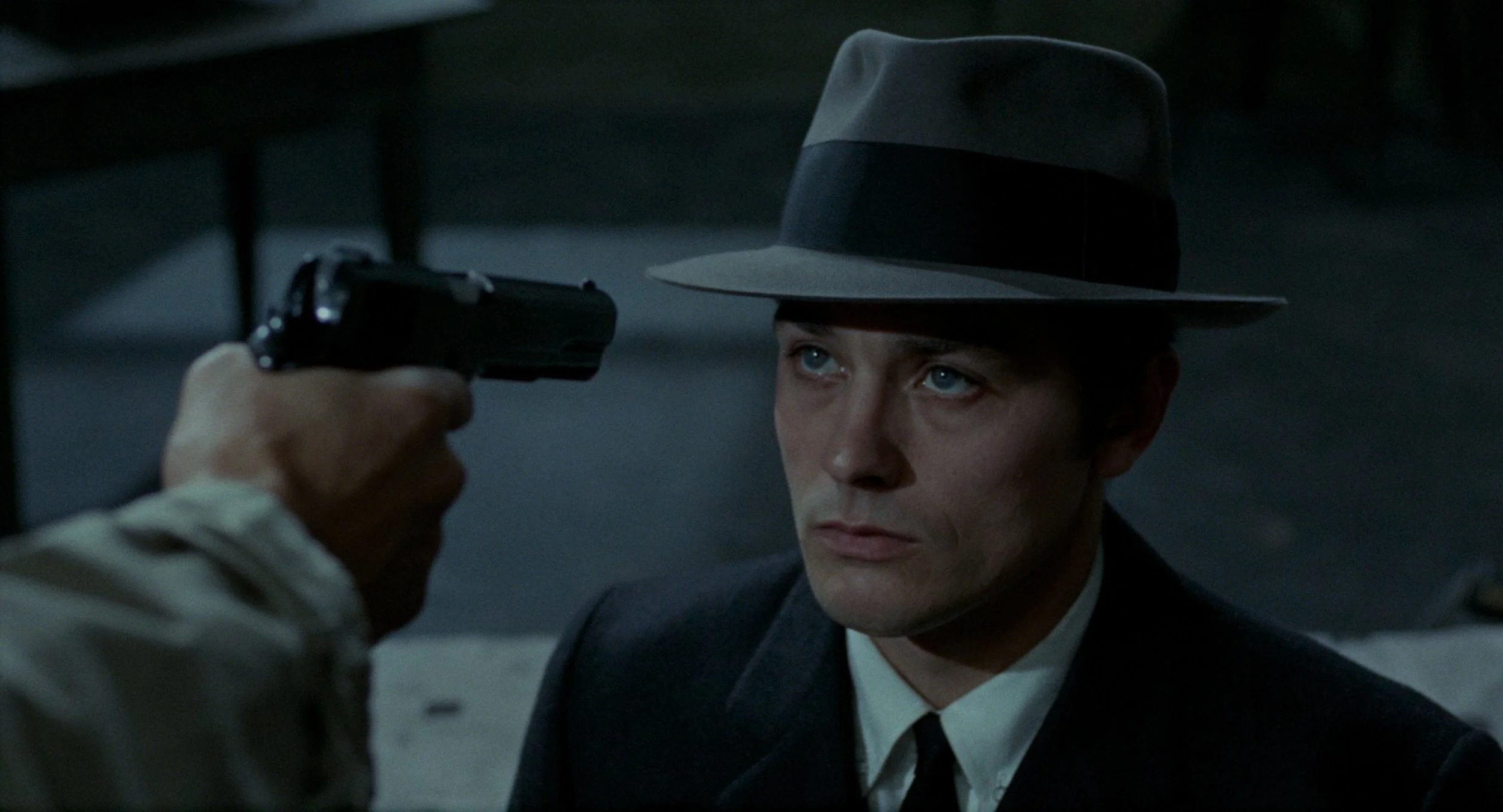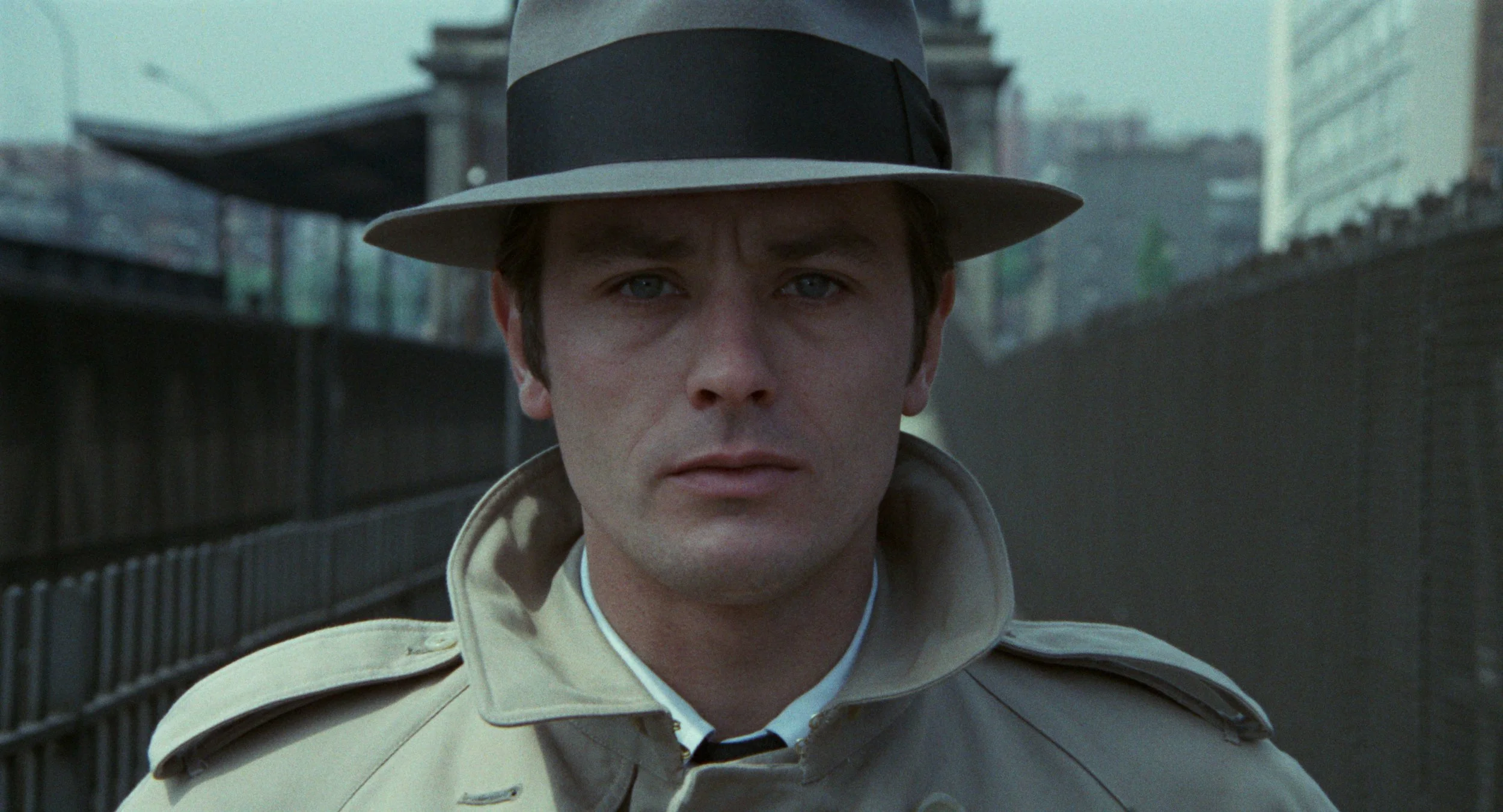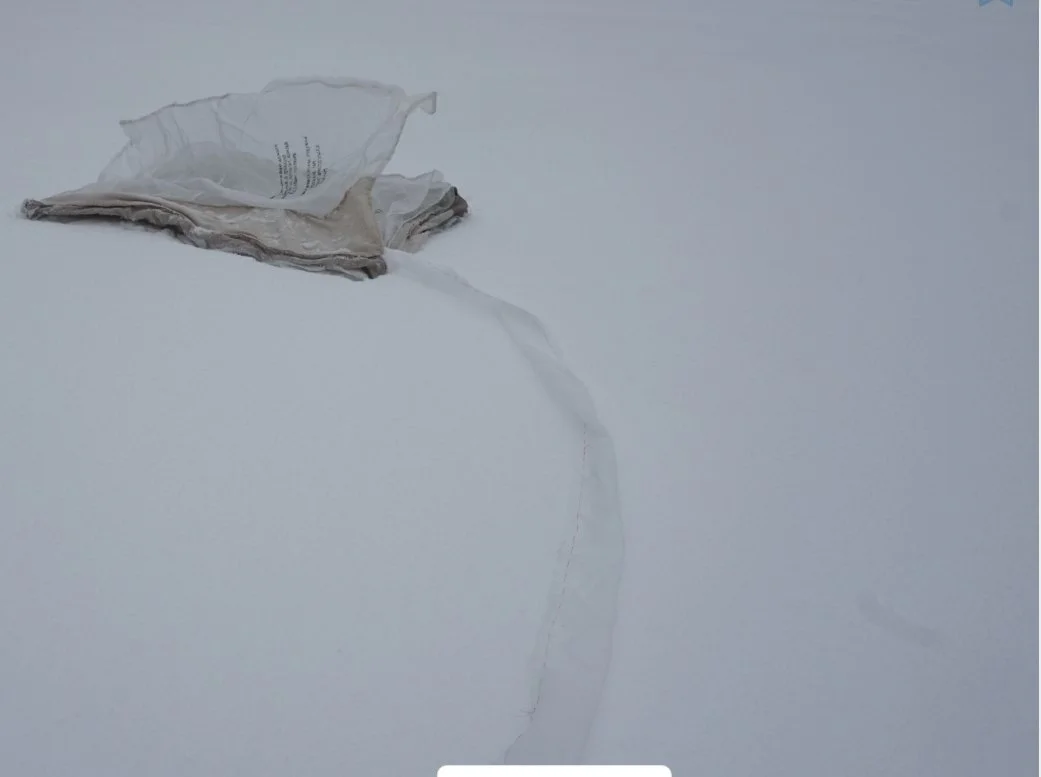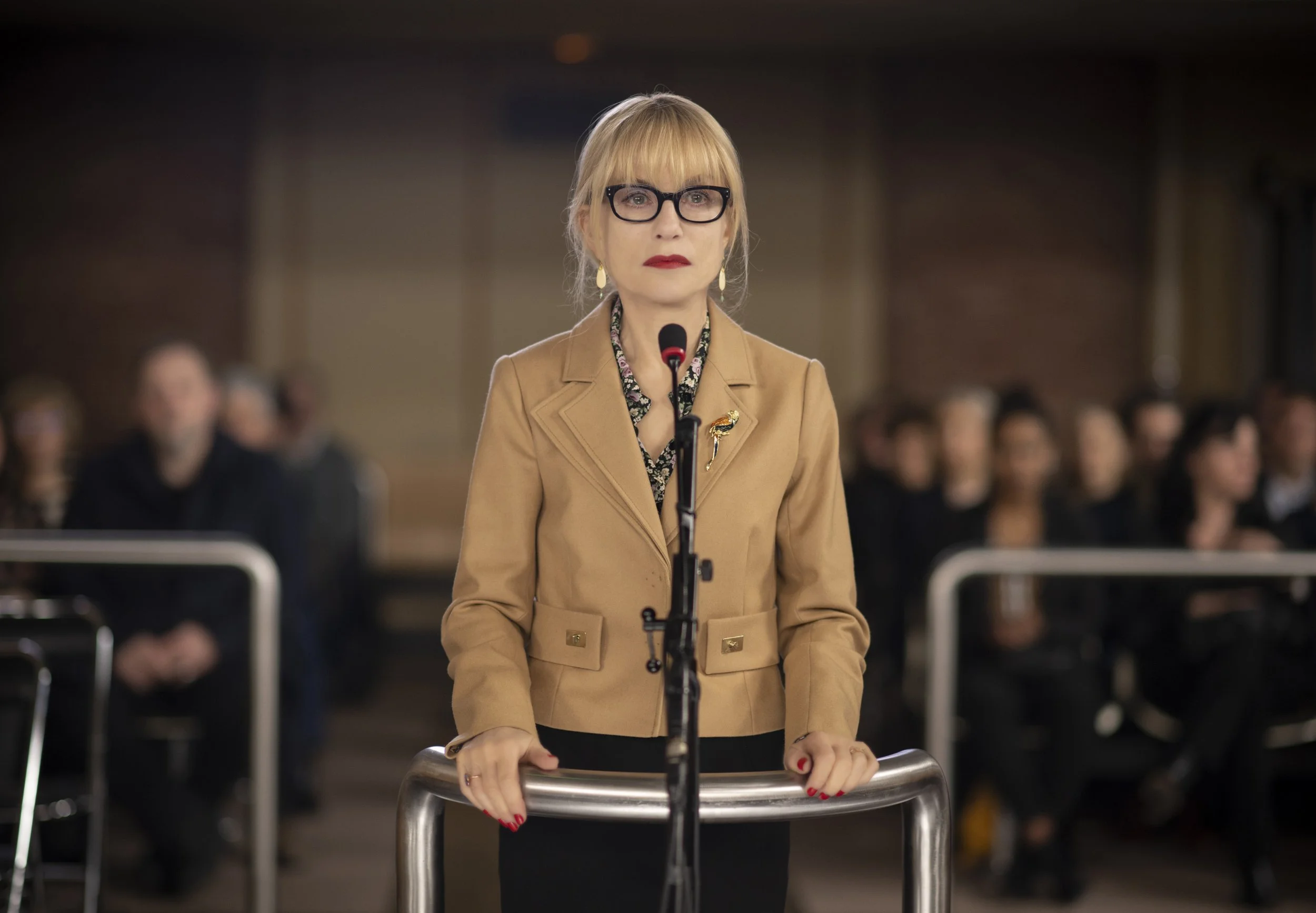Le Samouraï (1967) | Dir. Jean-Pierre Mellville
Written by: Belle McIntyre
The film opens with a quote from the Code of Bushido which is the way of the warrior from the codex of Samurai during feudal times in Japan. As with most Japanese disciplines it is Spartan in practice and inwardly focused. “There is no greater solitude than that of the samurai, unless it is that of the tiger in the jungle.” But do not expect any flashing swords or martial arts moves in this beautiful 4K restoration from 1967. Directed by Jean- Pierre Melville in color so dark and desaturated that it almost reads black and white film noir. The mood is immediately set in the first ten minutes beginning with Jef Costello (Alain Delon) waking up with a cigarette in a sparsely furnished, small, unlovely apartment. The only personal touch is a caged sparrow. The camera follows him as he meticulously dresses in a suit, tie, and trench coat, examines his image in the mirror, makes a deliberate yet subtle adjustment to the brim of his fedora and walks out the door and downstairs to perform a number of seemingly unrelated mundane activities. The silence is broken after ten minutes, by the word “Jef” spoken by the lovely Jane (Natalie Delon) who gets out of bed to answer the door. When they speak, it is only about creating an alibi for Jef’s movements.
The camera follows Jef like a shadow using hyper closeups and, only contextually necessary, longshots. Delon maintains such stillness of expression that even when the infrequent dialog is heard, he remains an anathema, totally unreadable. He is masterful at everything he does, beginning with the calmest, most methodical car theft ever seen. Finally, after a day’s worth of quotidian tasks he reveals the purpose of it all: as he walks into a cabaret nightclub called Marty’s, acting normally until he ducks into a door to the basement, opens the door and wordlessly shoots Marty, sitting at his desk. Unfortunately, he is seen leaving the scene by the gorgeous pianist (Cathy Rosier), who simply asks him Why? he replies: because I was paid to. End of scene.
The film shifts into police procedural mode now and reflects Melvillle’s affection for and debt to, American film noir (Melville changed his Jewish last name to avoid Nazi harassment and chose Melville out of appreciation for the American author Herman). The plotting gets knotty and twisty with supposed good guys, including the police commissioner, and Jef’s contact for the job turns on him and shoots him. Jef is a suspect by the police as well. But he never loses his composure and there are surveillance scenes which are long and quiet. Yet, we never lose interest because they are somehow so gripping. We long to know the significance of the caged bird. The ending is so unexpected that there have been volumes of speculation which will, no doubt, go on for as long as the film exists. I cannot remember being in a more rapt audience. The cinematography and Delon’s performance are simply mesmerizing. No one moved, coughed or opened wrappers.
